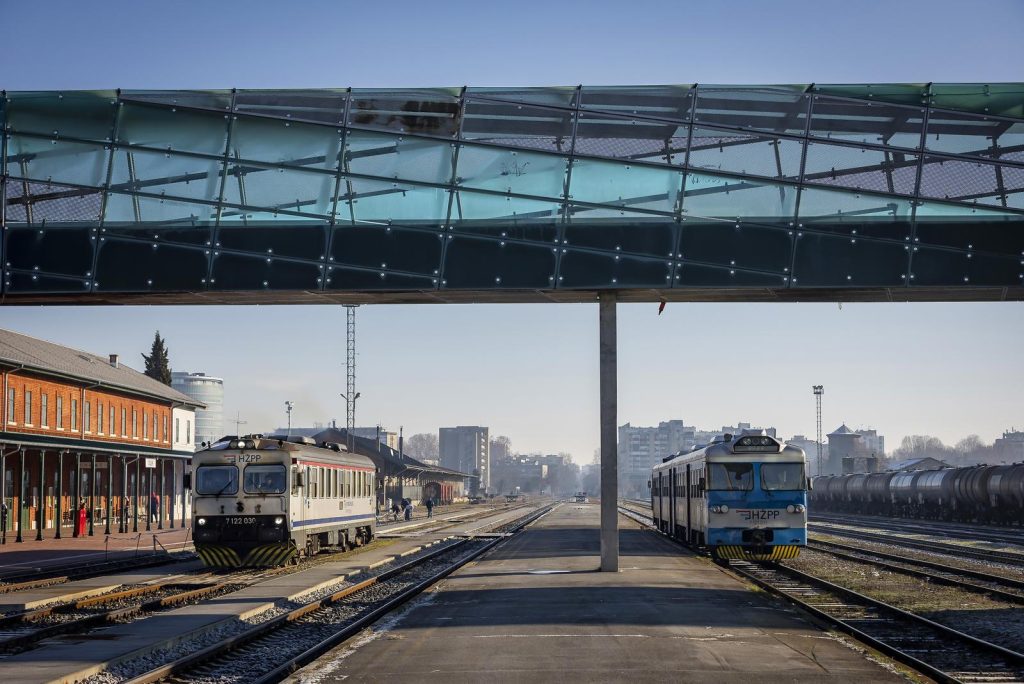July the 25th, 2024 – A Croatian-Austrian consortium has its eyes fixed on a 500 million euro contract, otherwise the most valuable in the history of Croatian Railways.
As Tanja Ivancic/Poslovni Dnevnik writes, the most valuable tender in the history of HŽ Infrastruktura ended this week. It regards the design and construction of the railway mobile communication system. It finally came to be and closed following several deadline extensions. Public bidding is now open.
The tender received one offer from the Croatian-Austrian consortium of Končar and Dalekovod and the Austrian Kontron. They offered a price of almost half a billion euros, 493,319,795.71 euros to be exact. The actual estimated value of the works stood at almost 450 million euros through public procurement.
Immediately after the opening of the offer, Ivan Kršić, the president of the board of HŽ Infrastruktura, said that he was “satisfied with the public procurement procedure and the received offer” which, he explained, should now be checked to see if it meets the conditions and request approval with regard to financing. This is because the offer from the Croatian-Austrian consortium is higher than evaluated. It then needs to be approved and consequently, the contract should be signed.
That process, he said, could be completed by this autumn. The aforementioned Croatian-Austrian consortium will have an absolutely gargantuan task on its hands. It will be required to modernise the completely outdated, analogue system (RD), built in the 1980s, and finally replace it with a more modern variant used on all other European railways.
the croatian-austrian consortium should modernise Croatia’s entire railway network
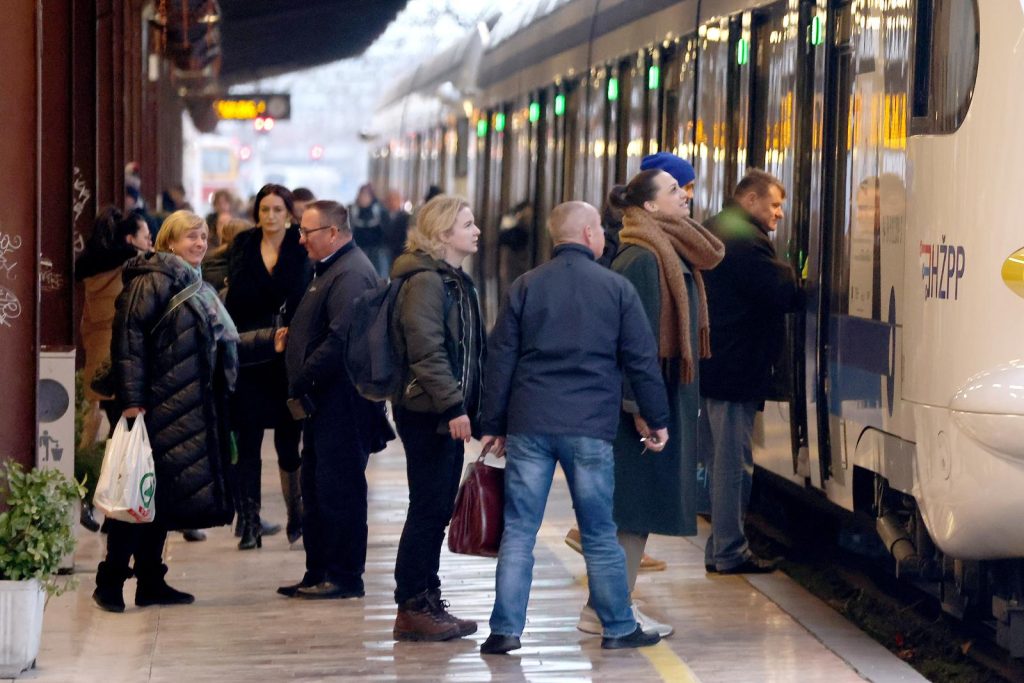
“The plans for this modernisation is for it to cover the entire railway network across Croatia, spanning more than 2,600 kilometres of tracks. The expected duration of the implementation of the contract is seven years”.
This much needed seven-year transformation should be carried out in three phases. First comes the development of the project and the technical construction documentation. Then comes the construction of the Global Mobile Communications System for Croatia’s rail transport. The third phase entails full migration from the GSM-R network to FRMCS”, it was announced on the website of HŽ Infrastruktura before the start of the tender.
In order for everything to go according to plan, it’s now necessary to wait for the review of the documentation, which will now be checked, while there are no appeals at this stage of finalising the work. There were disagreements and lobbying surrounding this public procurement process, as well as speculations about concessions.
new or… newer?
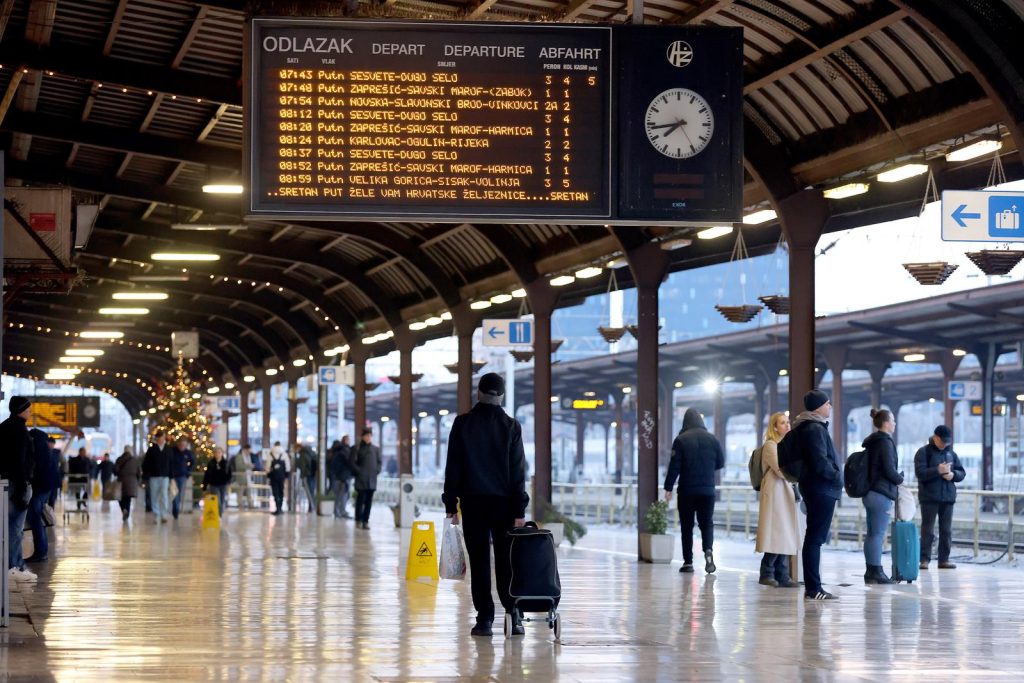
The very essence of this entire story involved choosing the correct technology to be installed. One apartment advocated that the existing system, which is very outdated, be replaced by the most modern system, the so-called FRMCS. Others advocated for a more gradual path which eventually got the green light, namely first the installation of GSM-R, and then FRMCS.
More graphically explained, some were in favour of stepping from the first all the way to the third step, while the final decision was to go step by step. The argument of the ones who wanted to go straight from step one to step three was that the EU has already decided to move from the second to the third step and is testing it extensively. The winning option claimed that the EU won’t even be ready to transfer all European rail communication to the desired third step, at least not until 2035.
It is a fact that the FRMCS is currently being tested, but it’s also true that there are no prescribed standards yet. It’s also true that the deadline for the adoption of it is constantly being postponed.
“GSM-R (Global System for Mobile Communications – Railway) system is currently the only standard for communication in railway traffic that can be obtained. All railway infrastructure managers across the EU are equipped with GSM-R systems for which manufacturer support is guaranteed at least until 2035,” it was stated.
GSM-R, which Croatia will start building if this tender is successfully concluded with a contract, will be a historic move. Then it will be replaced by FRMCS, but due to the delays in the standardisation processes of this state-of-the-art technology, it was decided that a more gradual path is safer.
“In order to improve the safety and traffic speed of the Croatian railway network, HŽ Infrastruktura is acquiring the only system that it’s currently possible to acquire. We’re also doing it as part of a unique procedure and for a predetermined price,” they stated.
they knew the number of offers they’d get would be slim
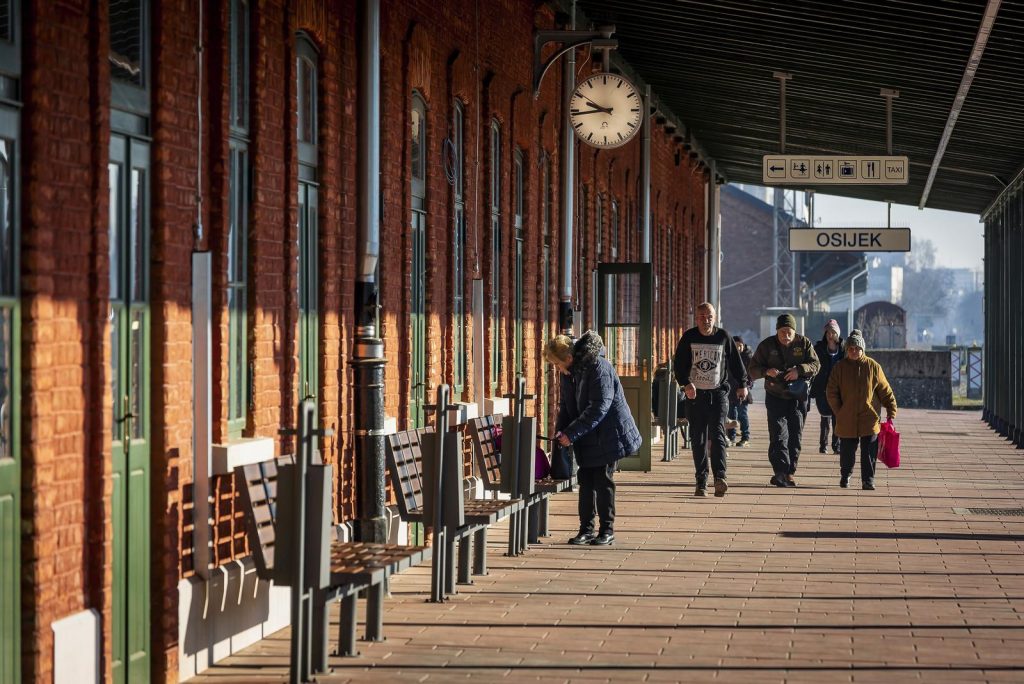
From HŽ, they noted that about 90 percent of the components and the works procured through this public procurement procedure are compatible between the currently possible GSM-R and the future FRMCS system. They are additional arguments that prevailed, leasing the Ministry of Maritime Affairs, Transport and infrastructure and HŽ Infrastruktura to opt for the aforementioned gradual approach.
With regard to the chosen path, there was no possibility that there would be a handful of offers because there are only three companies in the entire world that can provide GSM-R. Two European companies, one of which is part of the Croatian-Austrian consortium, Austria’s Kontron, and Nokia, which didn’t apply for the tender. There’s also the Chinese giant Huawei, which would undoubtedly face a number of obstacles when it came to approving work in the communications business.
a (long awaited) much more modern Croatian railway network
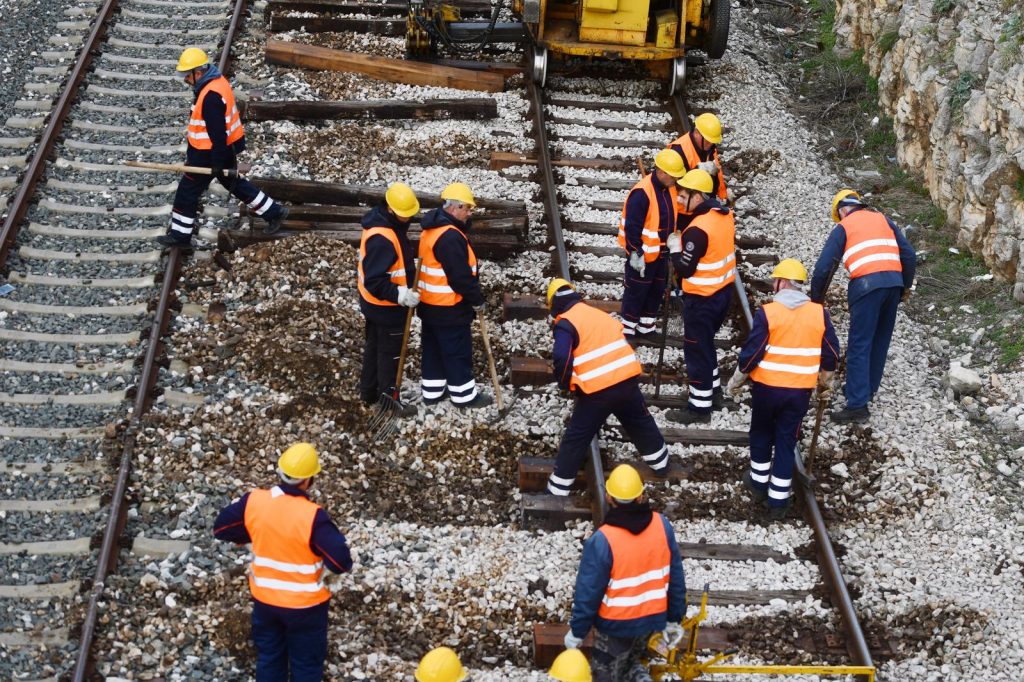
A lot is being invested and a lot is being built. If it were still possible to harmonise certain legal frameworks and local regulations that slow down processes, HŽ would have the opportunity for more rapid transformation. This tender is one concrete step towards a more modern railway in the Republic of Croatia.

